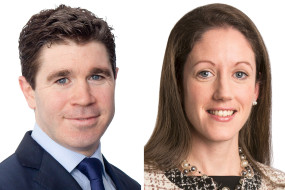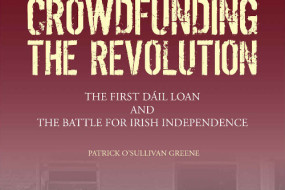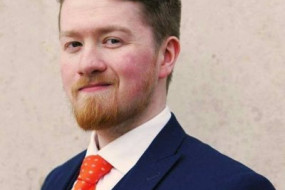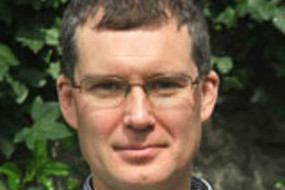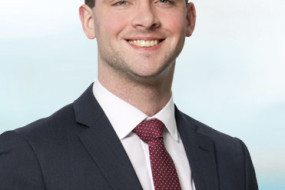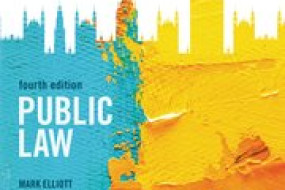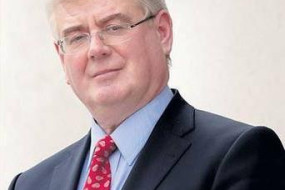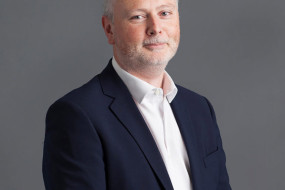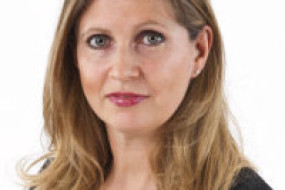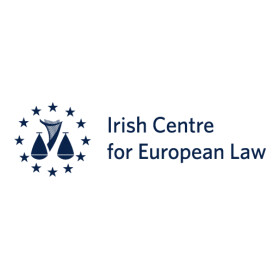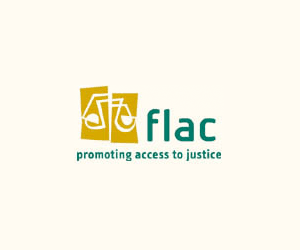Gearóid Corrigan, senior associate at Kennedys, gives an Irish market update on solicitors' professional indemnity insurance. After years of relative calm and stability in the professional indemnity market and ahead of the traditional 1 December renewal, we look at whether recent developments
Analysis
William Fry partners Derek Hegarty and Laura Murdock give practical advice on common issues relating to legal advice privilege and jurisdiction. Legal professional privilege recognises a client's right to be honest with their legal adviser, without fear of disclosure of sensitive information to othe
Benjamin Bestgen asks us this week to consider just prices. See last week's jurisprudential primer here. Caricatures of fatcat lawyers and greedy shysters lining their pockets through frivolous claims and overcharging clients have linked the legal profession unflatteringly with money for centur
Barrister and lecturer Ruth Cannon recommends a new book on the funding of the Irish war of independence. There is a saying that money isn't everything, but everything requires money. The new counter-state set up by Sinn Féin in 1919 certainly did, if only to pay judicial salaries in its alte
Andrew McKeown BL, law lecturer and practising barrister at The Bar of Ireland, considers the procedure for the removal of a judge under the Irish Constitution. As the controversy surrounding Mr Justice Séamus Woulfe continues, Seán Ó Fearghaíl TD, the Ceann Comhairle, ha
Sorry seems to be the hardest word, which is why the law has gotten involved in recent years. Benjamin Bestgen reflects on an early injustice and the value of apologies. See last week's jurisprudential primer here. I recall an episode in primary school in which another kid teased and pestered me and
Daniel Wincott, Blackwell professor of law and society at the University of Cardiff, explores the impact of Brexit on devolution across the UK. Brexit has exposed the underdeveloped and fragile aspects of devolution in the UK. Devolved governments’ relationships with London are strained. The a
Andrew Desmond, associate at William Fry, examines a recent investigation by the Data Protection Commission (DPC). The Data Protection Commission has found a security system used in Irish prisons to be in breach of the General Data Protection Regulation (GDPR) after investigating a complaint by a pr
Christopher Stanley, litigation consultant at Belfast-based KRW LAW LLP, reviews a new textbook on public law. As an English lawyer practising in Ireland – north and south – on a range of issues including the legacy of the conflict and the mother and baby homes scandal, to ask to review
Eamon Gilmore marks the 70th anniversary of the signing of the European Convention on Human Rights. This week marks the 70th anniversary of the signing of the European Convention on Human Rights. One of the many initiatives to spring up in the immediate aftermath of World War II with the aim of real
What's in a legal system? Benjamin Bestgen supplies the principal ingredients. See his last primer here. Last week’s article ended with lawyer and author Christopher Brown’s suggestion that fantasy authors could do more to make law and legal systems an explicit focus point in their works
The U.S. Department of Justice (“DoJ”) civil lawsuit against Google, filed at the US District Court for the District of Columbia (the “District Court”) on 20 October 2020, is a first step in what will doubtless be lengthy, highly contentious litigation. Google Chief Legal Off
The Residential Tenancies Act 2020 (the “RTA 20”) temporarily prevents the eviction of residential tenants (in all but exceptional cases) from taking place during Level 5 restrictions. The RTA 20, which was signed into law Saturday 24 October, is the latest in a number of temporary measu
On 25 September 2020, the Supreme Court ruled in two separate judgments that where a public body decides not to disclose certain records (on the basis of an exemption under the Freedom of Information Act 2014 (the “Act”)). The reasons for the decision must be fully explained, and the pub
Claire Edgar of Francis Hanna & Co Solicitors examines a recent case concerning the Hague Convention on the Civil Aspects of International Child Abduction. The High Court in Belfast has recently handed down a decision in the Matter of K (a minor), a Hague Convention case in which Francis Hanna &




